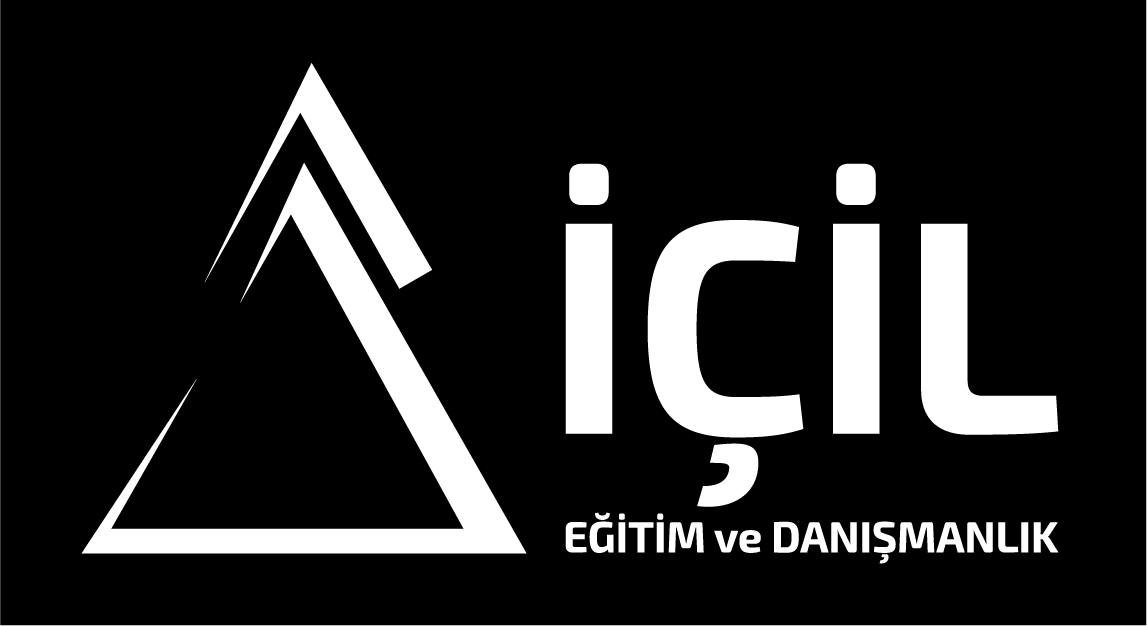Artificial Intelligence Powered Search Engines
Recent advancements in artificial intelligence are radically transforming our experience of accessing information. For users demanding more than what traditional search engines offer, AI-powered search engines provide a revolutionary experience with personalized, smarter, and predictive results. This article explores the innovations introduced by modern AI-powered search engines and envisions the future of search technology.
Innovations Brought by AI-Powered Search Engines
One of the biggest limitations of traditional search engines is their inability to fully understand the user’s intent, relying primarily on keywords. However, today’s AI-based search engines go beyond this by analyzing search habits, processing a broader set of relevant data, and drawing semantic connections to deliver highly sophisticated results. Here are some of the standout features of these new-generation search engines:
1) New AI Query Models: Models like Google’s Gemini, OpenAI’s ChatGPT, and Perplexity bring a new level of depth to understanding complex and nuanced questions, generating high-quality, knowledge-based answers. This goes far beyond the classic list of web links that traditional search engines provide.
2) Interactive, Conversational Search: Instead of merely responding to queries, AI-powered search engines can initiate interactive dialogue with users. OpenAI’s upcoming search engine and future versions of Google Search are expected to revolutionize this space. With integrations of models like Gemini and ChatGPT, search engines won’t just answer static queries but will engage users in a dynamic conversation to explore information in depth, refining questions and responses along the way. Users won’t simply receive answers—they’ll engage in a dialogue that helps them find information more easily.
3) Multimodal Search: Traditional search engines are predominantly text-based; users enter a query, and the engine lists the most relevant text results. However, multimodal search combines text with images, audio, video, and other data types, offering a more comprehensive and versatile search experience. For instance, if you take a photo of a dish from a restaurant menu and wonder how it’s made, multimodal search lets you upload the image with a text query like “How to make this dish?” The search engine will analyze both the photo and the text query to provide relevant recipes. This feature is particularly useful in e-commerce, where users can upload a product photo and ask questions such as “What accessories match this product?” to get both visual and textual results.
4) Instant Content Generation: Perhaps one of the most exciting innovations is the ability of AI-powered search engines to generate original content instantly. Traditional search engines respond with web links that users must explore to find information. In contrast, AI-powered search engines can generate direct answers, summaries, suggestions, and analyses, allowing users to receive precise information without extra steps.
Changing the Game in Competition
The race for dominance in AI-powered search is intensifying, with major players closely observing each other’s moves. OpenAI made a groundbreaking entry in 2022 with ChatGPT, changing the rules of the game. They continue to advance AI technology with new products like DALL-E, Sora, and the upcoming SearchGPT, which promises revolutionary improvements in logical results. Google responded to ChatGPT's rise by introducing Bard, later renamed Gemini, as their competitive AI model. By integrating Gemini with its search engine, Google aims to challenge OpenAI. Meanwhile, Apple, although a bit behind, has announced “Apple Intelligence” to signal its entry into the competition. Known for prioritizing privacy and user data protection, Apple Intelligence is expected to offer robust solutions, particularly with innovative search options integrated into the Apple ecosystem. Although Apple’s AI search technology may not yet be as advanced as Google’s or OpenAI’s, Apple Intelligence is anticipated to make a strong debut in the race.
Microsoft, too, is staying in the game with its CoPilot solution, which delivers an AI-powered assistant experience. Integrated with Microsoft 365 applications, CoPilot simplifies tasks like document writing, data analysis, and meeting planning. Microsoft’s goal with this solution is to offer the business world a powerful alternative to AI-powered search engines.
What Does the Future Hold?
AI-powered search engines will continue to make significant advances, not only in information access but also in data analysis, predictive insights, and content creation. Especially with tech giants like OpenAI entering the field, search engines will evolve to function more like personal assistants. Users will be able to ask for information as if consulting an advisor, rather than simply searching for answers. The evolution of AI-powered search engines opens the door to a new era for both users and businesses. With smarter, more efficient, and personalized access to information, these engines promise to transform information retrieval in a revolutionary way.
Mustafa İÇİL

